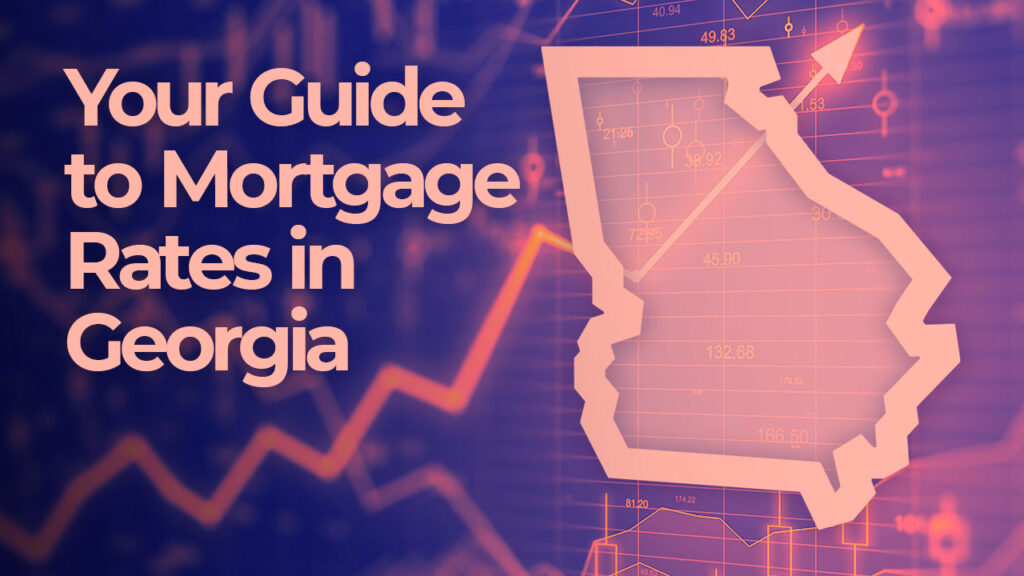Navigating the world of finance can be daunting, especially when you’re dealing with loans for the first time. Understanding the terminology is the first step towards making informed decisions. This guide aims to demystify small loans by providing a comprehensive glossary of common terms.
Annual Percentage Rate (APR)
The APR represents the yearly cost of borrowing money, including interest and fees. A lower APR is always better. Learn more about understanding APR.
Amortization
This is the process of gradually paying off a loan over time through regular payments. Each payment typically covers both principal and interest. 
Collateral
This is an asset you pledge to a lender as security for a loan. If you default on the loan, the lender can seize the collateral. Examples include a car or house.
Credit Check
A credit check assesses your creditworthiness. Lenders use your credit report to determine your credit score, which influences your eligibility for a loan and the interest rate you’ll receive.
Credit Report
A detailed record of your credit history, including past loans, payments, and any defaults. You can obtain your free credit report annually from AnnualCreditReport.com.
Credit Score
A numerical representation of your creditworthiness, typically ranging from 300 to 850. A higher score indicates a lower risk to lenders, leading to better loan terms.
Debt-to-Income Ratio (DTI)
The percentage of your gross monthly income that goes towards paying your debts. Lenders consider your DTI to assess your ability to repay a new loan. Learn how to calculate your DTI.
Default
Failure to make loan payments as agreed upon in the loan agreement. This can have serious consequences, impacting your credit score and potentially leading to legal action.
Fixed Interest Rate
An interest rate that remains constant throughout the loan term. This provides predictability in your monthly payments.
Interest
The cost of borrowing money. It’s the fee the lender charges for the use of their funds. The interest rate is expressed as a percentage.
Loan Agreement
A legally binding contract outlining the terms and conditions of your loan, including the interest rate, repayment schedule, and fees. Always read the fine print!
Loan Term
The duration of your loan, typically expressed in months or years. Shorter loan terms usually result in higher monthly payments but less interest paid overall. 
Origination Fee
A fee charged by the lender to process your loan application. It’s usually a one-time payment.
Prepayment Penalty
A fee charged if you repay your loan early. Not all loans have prepayment penalties.
Principal
The original amount of money you borrowed, excluding interest and fees.
Repayment Schedule
A detailed plan outlining the amount and frequency of your loan payments.
Variable Interest Rate
An interest rate that fluctuates over the loan term, based on market conditions. This makes it harder to budget for monthly payments.
Conclusion
Understanding these terms is crucial for making informed borrowing decisions. Remember to shop around for the best rates and terms, and always read the fine print of any loan agreement before signing. Consider seeking advice from a financial advisor if you have any uncertainties. Find a financial advisor near you.
Frequently Asked Questions
What happens if I miss a loan payment? Missing a payment can negatively impact your credit score and may result in late fees. Contact your lender immediately if you anticipate difficulties making a payment.
How can I improve my chances of getting approved for a loan? Maintaining a good credit score, having a stable income, and a low debt-to-income ratio significantly improve your chances of loan approval.
Where can I find more information on responsible borrowing? You can find helpful resources on responsible borrowing from organizations like the Consumer Financial Protection Bureau (CFPB) and the National Foundation for Credit Counseling (NFCC).
What types of small loans are available? There are various types of small loans including payday loans, personal loans, and title loans. Each has its own terms and conditions. Choosing the right one depends on your needs and financial situation.
What are the risks associated with taking out a small loan? High interest rates and fees can make repaying a small loan challenging if not managed carefully. Always ensure you understand the total cost before signing a loan agreement.


